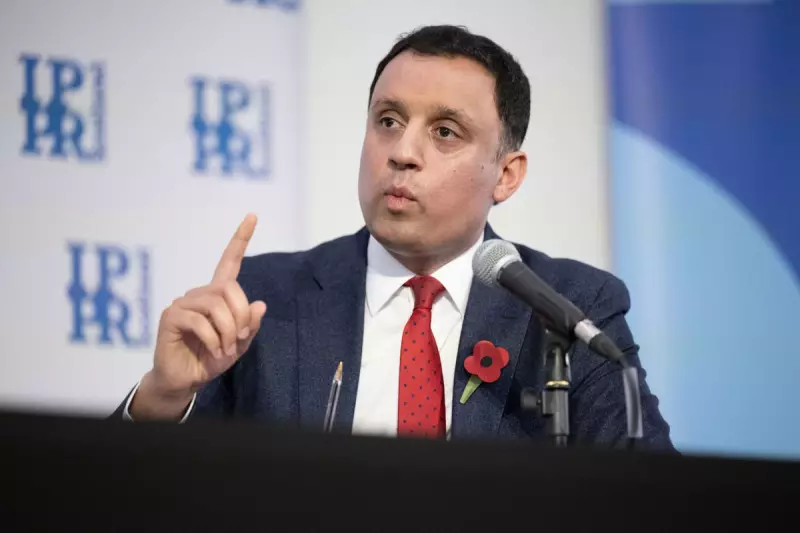
Chancellor Rachel Reeves has launched a stinging criticism of the Scottish Government, accusing ministers in Edinburgh of anticipating that Westminster would foot a substantial £135 million VAT bill for the crucial A9 road upgrade project.
The Labour Chancellor's remarks came during a high-profile visit to Scotland, where she emphasised that the Scottish Government had full knowledge that VAT costs would apply to the major infrastructure scheme yet proceeded without allocating necessary funds.
Budgetary Clash Over Major Infrastructure
The controversy centres on the long-awaited dualling of the A9 between Perth and Inverness, a project of national significance that has faced numerous delays and budget challenges. According to Reeves, Scottish ministers were well aware that value-added tax would be payable on the project but failed to make appropriate financial provisions.
'This is about basic budget management,' the Chancellor stated during her Scottish visit. 'The Scottish Government knew the rules, knew VAT would be due, yet expected the UK Treasury to cover this substantial cost.'
Funding Tensions Exposed
The £135 million VAT bill represents a significant sum that could impact other Scottish Government spending priorities. The revelation exposes ongoing tensions between Holyrood and Westminster over funding arrangements and financial responsibility for major projects.
Reeves emphasised that the VAT rules apply equally across the United Kingdom, suggesting the Scottish Government should have accounted for this expenditure in their budget planning rather than assuming special treatment from the Treasury.
Broader Implications for Devolved Funding
This dispute comes at a sensitive time for intergovernmental financial relations, with both administrations facing tight budgetary constraints. The Chancellor's comments highlight the complex financial relationship between devolved and UK-wide governments, particularly regarding major infrastructure investments.
The A9 dualling project remains a priority for the Scottish Government, but this VAT controversy adds another layer of complexity to its delivery timeline and funding structure. Both governments now face pressure to resolve the funding gap without compromising other public services or infrastructure projects.






